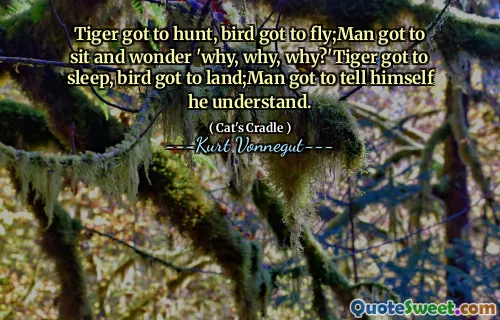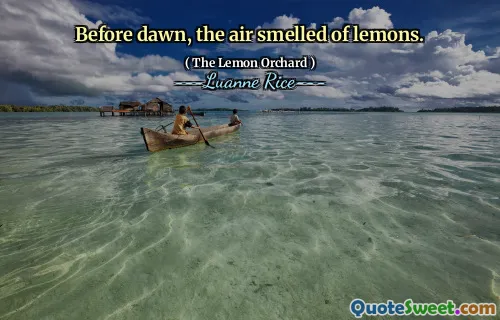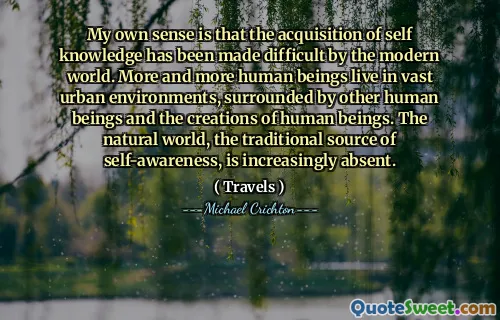
I really liked insects - all kinds: flies, grasshoppers, weevils.
📖 Ben Silbermann
The fascination with insects reveals a deeper appreciation for the often overlooked marvels of the natural world. Insects, despite their tiny size, play crucial roles in ecosystems—they pollinate plants, decompose organic matter, and serve as food for many other animals. Recognizing a love for insects suggests a curiosity and reverence for biodiversity and an understanding of the delicate balance that sustains life on Earth. Appreciating insects often entails shifting our perspective from seeing them as pests to understanding their ecological significance.
This enthusiasm demonstrates an openness to exploring the intricacies of nature, embracing something small yet incredibly vital. It highlights the importance of paying attention to the details around us, encouraging a mindset of inquiry and respect. Such a perspective can foster conservation efforts, inspiring individuals to protect habitats and species that may otherwise be dismissed or destroyed.
Furthermore, a passion for insects can translate into scientific curiosity, leading to innovations in various fields like biomimicry, where nature's designs inspire technological advancements. Insects also exemplify resilience and adaptability—traits we often admire and aspire to cultivate.
Overall, embracing insects can shift the way we see our environment. Instead of perceiving insects solely as nuisances, we begin to appreciate their roles and beauty, which in turn nurtures a sense of stewardship for the natural world. Having a fascination with even the smallest creatures encourages a broader understanding that every organism, regardless of size, holds value and significance in the fabric of life.











